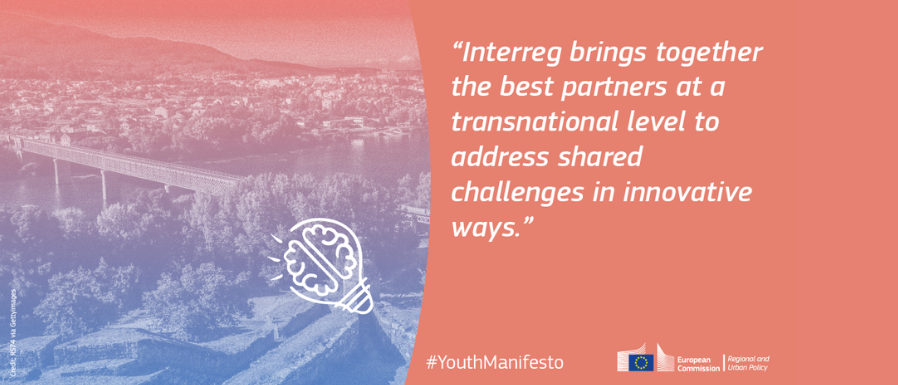The just-ended year marked the 30th anniversary of the EU cooperation programme “Interreg”, after five programming periods, hundreds of projects implemented and changes in the life of over 170 million European Citizens. But what does it stand for? Well, the whole name would be “European Territorial Co-operation” but among Europeans, everyone calls it “Interreg” and is one of the fundamental instruments that the Union has in order to support cross-border cooperation for tackling common challenges, while working together to find common solutions.
Projects developed within “Interreg” are targeted to promote cooperation in different fields: from sustainable energy and environment to research, health and sport. Going a little bit further in details, “Interreg” has three main types of projects: cross border, transnational and interregional. It also represented one of the two goals of the EU Cohesion Policy for the programming period 2014-2020, and it aims to tackle three main goals for EU research and innovation policy, summarised as Open Innovation, Open Science and Open to the World in the next programming period.
Projects developed within “Interreg” are targeted to promote cooperation in different fields: from sustainable energy and environment to research, health and sport
To celebrate this important anniversary, “Interreg” has focused on three main topics neighbours, green and youth. Especially latter’s ideas have been collected in the Manifesto for Young People by Young People to Shape the European Cooperation Policy. This work illustrates perceptions as well as expectations that young people have when talking about European Territorial Cooperation.
From a general perspective, young people express five main concerns and will:
- Equal opportunities to learn;
- fair access to decent employment opportunities;
- more digitally attractive access to information;
- serious actions on climate change implemented by Local Authorities
- involvement in the decision making processes
Building up on these five key messages, Interreg strategies can be adapted, for example:
- Offering intercultural learning opportunities;
- Helping in spreading job opportunities across borders;
- Using more youth-oriented calls
- Prioritizing online meeting to physical ones so that to reduce CO2 emissions
- Financing “people-to-people” projects
If you want to know more about it, check this news weekly! We are going to find out more about them step by step.
